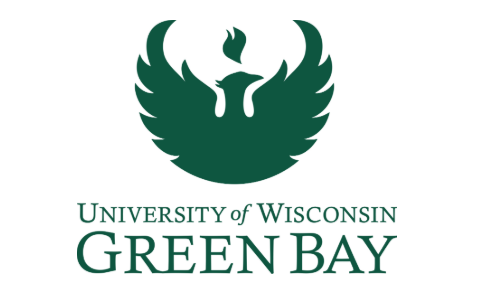
Tiny Earth Winter Symposium at Lambeau Field This Friday
Students from across the state will present their findings at the Tiny Earth in Titletown research symposium in the Lambeau Field Atrium on Friday, December 9th, from 5:00pm to 7:30pm. For the first time since 2019 the event will showcase the collaborative and innovative efforts of students across the state, working together to mitigate the global public health crisis of antibiotic resistance.
Registration for this community-based symposium is free and open to the public. Register HERE.
Dr. David Andes, head of the Division of Infectious Disease within the Department of Medicine, as well as the Department of Microbiology and Immunology at the University of Wisconsin School of Medicine and Public Health, will kick off the symposium and discuss the crisis — and innovative solutions to address it.
Wisconsin students, including UW-Green Bay, NWTC, Green Bay West High School and more, join 14,000 other students from 300 other college and universities across 47 states and 30 countries, in some version of the Tiny Earth course.
While uncovering new antibiotics is the end-goal, the discoveries made along the way are worth the effort. The course provides students of all backgrounds with the opportunity for original thinking and scientific exploration, inspiring the next generation of scientists and healthcare professionals.
This partnership of students, educators, institutions of higher education, and businesses throughout the region, highlights the value of partnerships for the greater good in service to all communities.

